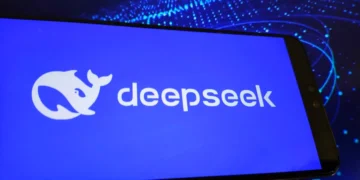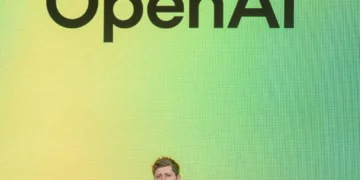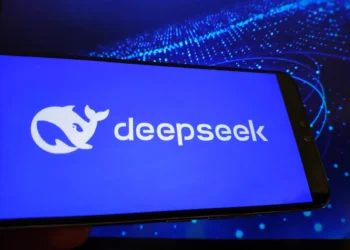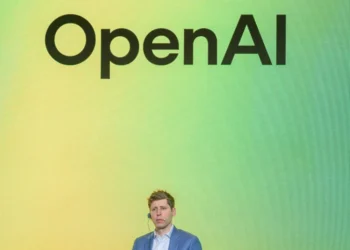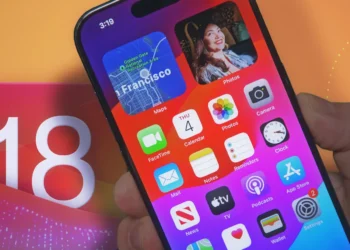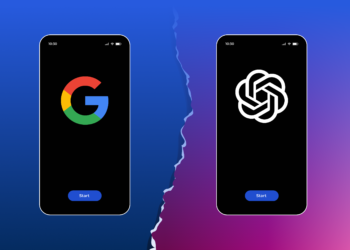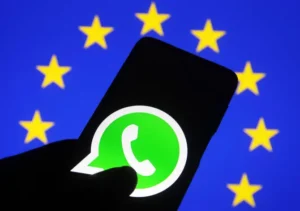
Users should expect to see a new inbox option landing in their app in the coming weeks.
The move to allow third-party messaging inside WhatsApp is a result of the European Union’s Digital Markets Act (DMA).
Inside the DMA is a raft of new laws that tech companies will have to bow to in order to continue operating in the bloc.
One of these new laws mean tech apps, such as Meta-owned WhatsApp and Facebook Messenger, are not allowed to be ‘gatekeeper services’.
So-called ‘gatekeeper services’ are apps that can only be used with other people with the same app.
Therefore apps need to be interoperable with other messaging apps under the new rules.
This applies to all messenger apps, including iMessage, Telegram, Google Messages, and Signal.
WhatsApp has been working on its interoperability plan for more than a year, and will reveal more details about the agreement in March.
“There’s real tension between offering an easy way to offer this interoperability to third parties whilst at the same time preserving the WhatsApp privacy, security, and integrity bar,” Dick Brouwer, engineering director at WhatsApp, told Wired.
How will it work?
In practice, a WhatsApp user will be able to send a text to a Facebook Messenger user – and vice versa – without having to use the other app.
It will be on an opt-in basis only, according to Brouwer, who wants users to be able to choose whether they participate in third-party messaging.
“I can choose whether or not I want to participate in being open to exchanging messages with third parties,” he said.
“This is important, because it could be a big source of spam and scams.”
WhatsApp users who enable cross-platform messaging will see a separate “third-party chats” inbox at the top of their Chats menu where messages from other apps will appear.
The reason third-party messages will have their own inbox is because WhatsApp cannot assure the same level of security and privacy as native messages, says Brouwer.
WhatsApp prides itself on its end-to-end encryption – a security feature that scrambles messages to ensure no one can view the contents.
Facebook Messenger also began rolling out end-to-end encryption to users at the beginning of 2023.
It’s unclear which – if any – companies are keen on Meta’s plans yet.
Messaging apps that want to be interoperable with Meta’s WhatsApp and Facebook Messenger will need to agree to the company’s terms.
WhatsApp wants the messaging services it connects with to use the same Signal Protocol to encrypt messages.
Apps will be allowed to use different encryption protocols, so long as they “demonstrate” that they reach WhatsApp’s security standards.
The success of the shift will depend on whether other companies get on board – and what each messenger can agree on.

